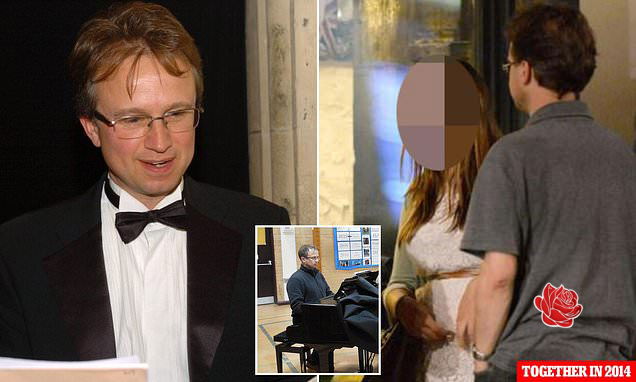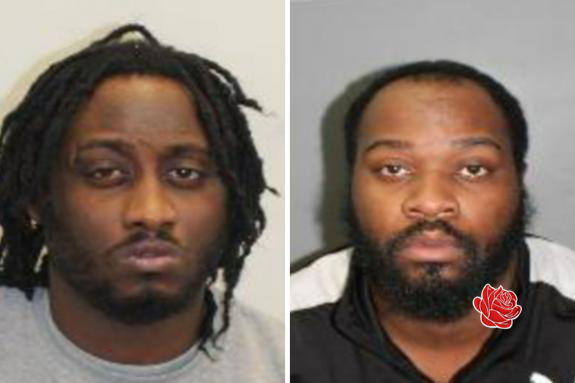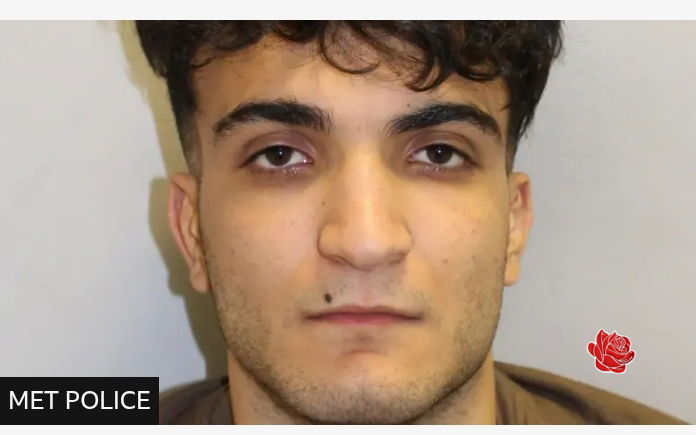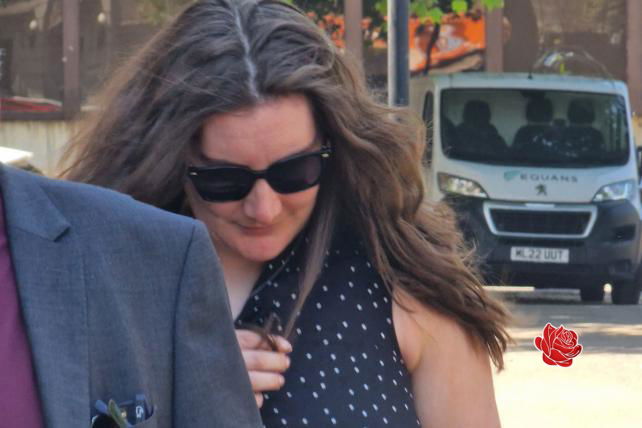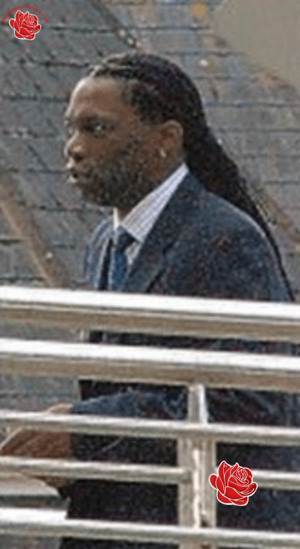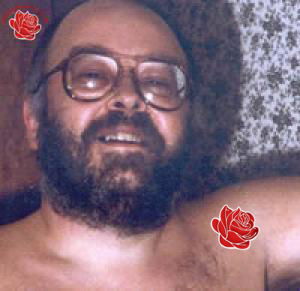Francis McMorrow's Social Media Accounts
Know a Social Media Account Linked to Francis McMorrow?
Want to add information? Log in to your account to contribute accounts and phone numbers.
FRANCIS MCMORROW SHOCKS LONDON AND SLIGO WITH CHILD SEX OFFENSES
On April 30, 1992, a disturbing case unfolded involving Francis McMorrow, a man with a troubling criminal history linked to both London and Sligo. The case revealed a series of heinous crimes committed against innocent children, which ultimately led to his imprisonment at the Old Bailey.McMorrow, aged 31 at the time, was convicted of sexually abusing a seven-year-old boy and an eight-year-old girl during separate incidents while he was on the run from custody. The court heard that both children were subjected to terrifying threats and physical assault, leaving them emotionally scarred and deeply traumatized.
The court detailed that McMorrow’s criminal activities began after he escaped from Camp Hill open jail on the Isle of Wight on August 9, 1990. At that time, he was serving a two-year sentence for receiving stolen goods. His escape marked the beginning of a series of predatory acts targeting vulnerable children in London.
Six days after his escape, McMorrow was spotted at the Kent Hall community centre football pitch in Golders Green. There, he approached a seven-year-old boy who was playing with a friend. When the boy’s companion left to return some discarded food crates to a nearby grocery store, McMorrow seized the opportunity to lure the child into helping him retrieve a pram from a nearby wasteland. The boy agreed, but as soon as they reached the area, McMorrow’s demeanor changed drastically, according to prosecutor Mr. Simon Wild.
McMorrow threatened the young boy, telling him he would kill him if he did not comply with his demands. The child recounted to police that McMorrow pushed him to the ground, pulled down his tracksuit bottoms, and subjected him to a terrifying ordeal. The boy was crying and shouting for help, but McMorrow silenced him, telling him to stop screaming. His mother later found him hysterical and crying uncontrollably, a clear sign of the trauma inflicted.
Further disturbing details emerged from the court regarding McMorrow’s actions on September 17, when he was observed watching an eight-year-old girl collecting conkers with a friend near a nursery in Langtry Road, St Johns Wood. When the girl’s friend left, McMorrow approached her under false pretenses, claiming he was searching for his son’s football. He then tricked her into accompanying him behind the nursery building. Once behind a shed, McMorrow grabbed her from behind, covered her mouth with his hand, and threatened her with death if she screamed. He then dragged her behind the shed, ordered her to lie down, and proceeded to commit a sexual assault, which she later described as a terrifying experience where she feared for her life.
Both children suffered severe emotional and physical injuries from these assaults. The young boy was able to identify McMorrow in an identification parade, and DNA evidence linked him to the attack on the girl. McMorrow was arrested two days after the incidents on unrelated charges but was not initially connected to the crimes against the children. It was only in the summer of the following year that authorities linked him to the offenses through DNA analysis.
During the trial, McMorrow admitted to committing buggery on the boy and pleaded guilty to similar charges involving the girl, including attempting to rape her. It was revealed that McMorrow had studied at Cork University in his youth but did not graduate. His criminal record was extensive, primarily involving 22 convictions for burglary during the 1980s, along with previous convictions for car theft and handling stolen goods. Notably, he had no prior convictions for sex offenses before these crimes.
His defense attorney, Mr. Kieran Coonan, argued that McMorrow’s offenses were committed spontaneously while under the influence of alcohol and drugs. However, the presiding judge, Judge Kenneth Richardson, QC, described the crimes as dreadful and emphasized that anyone who commits such offenses against children must face severe punishment. The judge initially sentenced McMorrow to eight years in prison but later reduced the sentence to seven years, citing insufficient credit for his guilty pleas. McMorrow expressed his thanks to the court before being led back to his cell, leaving a trail of devastation in London and Sligo.



